When you have an efficient government, you have a dictatorship
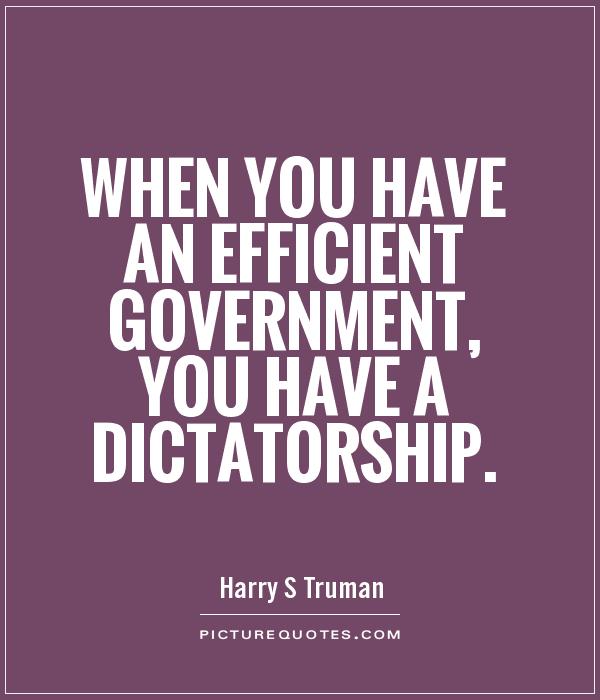
When you have an efficient government, you have a dictatorship
Harry S. Truman, the 33rd President of the United States, once famously said, “When you have an efficient government, you have a dictatorship.” This statement has sparked much debate and discussion over the years, as it challenges the commonly held belief that efficiency in government is always a positive thing.Truman’s words suggest that when a government becomes too efficient, it can lead to a concentration of power in the hands of a few individuals or a single leader, resulting in a dictatorship. This idea is rooted in the concept of checks and balances, which is a fundamental principle of democracy. In a democratic system, power is divided among different branches of government to prevent any one branch from becoming too powerful. When a government becomes too efficient, it may bypass these checks and balances, leading to a consolidation of power and a loss of individual freedoms.
Truman’s words also highlight the potential dangers of an overly centralized government. When power is concentrated in the hands of a few, there is a risk of corruption, abuse of power, and a lack of accountability. In a dictatorship, decisions are made unilaterally, without input from the people or their representatives. This can lead to policies that benefit the ruling elite at the expense of the general population.
However, it is important to note that efficiency in government is not inherently bad. In fact, a certain level of efficiency is necessary for a government to effectively carry out its duties and serve the needs of its citizens. The key is to strike a balance between efficiency and accountability, ensuring that power is distributed in a way that safeguards individual rights and prevents the abuse of power.
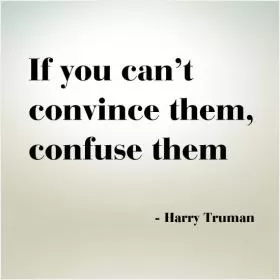
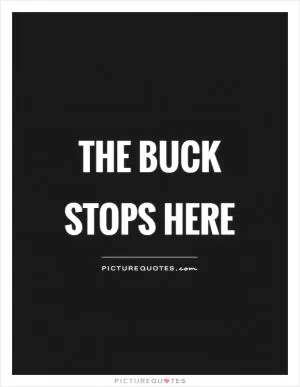




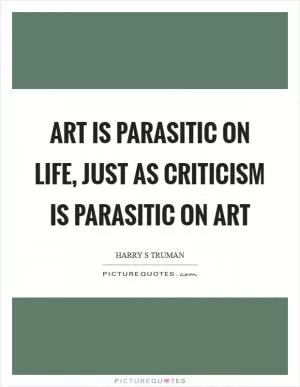



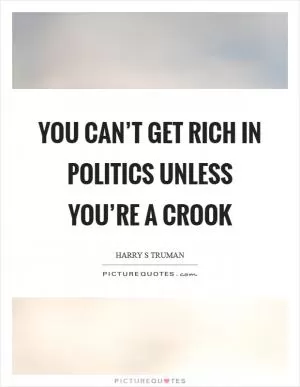
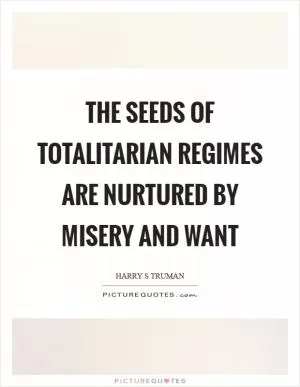
 Friendship Quotes
Friendship Quotes Love Quotes
Love Quotes Life Quotes
Life Quotes Funny Quotes
Funny Quotes Motivational Quotes
Motivational Quotes Inspirational Quotes
Inspirational Quotes